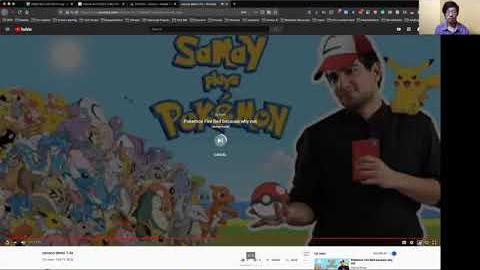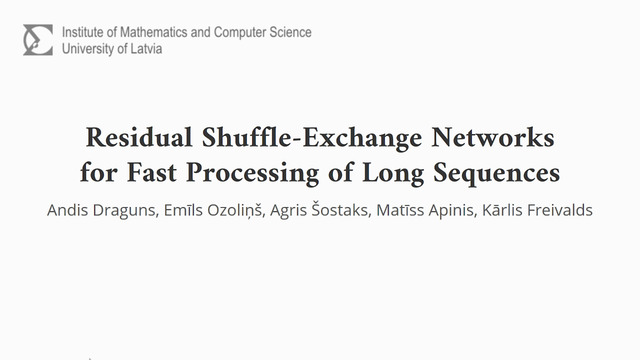Abstract:
Even though local tempo estimation promises musicological insights into expressive musical performances, it has never received as much attention in the music information retrieval (MIR) research community as either beat tracking or global tempo estimation. One reason for this may be the lack of a generally accepted definition. In this paper, we discuss how to model and measure local tempo in a musically meaningful way using a cross-version dataset of Frédéric Chopin’s Mazurkas as a use case. In particular, we explore how tempo stability can be measured and taken into account during evaluation. Comparing existing and newly trained systems, we find that CNN-based approaches can accurately measure local tempo even for expressive classical music, if trained on the target genre. Furthermore, we show that different training–test splits have a considerable impact on accuracy for difficult segments.









































